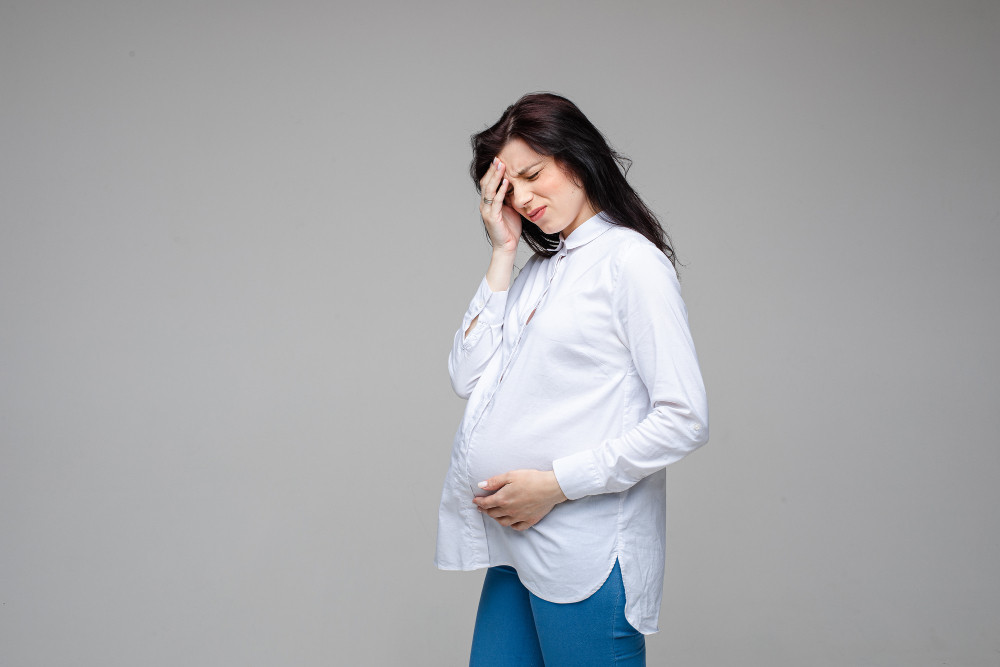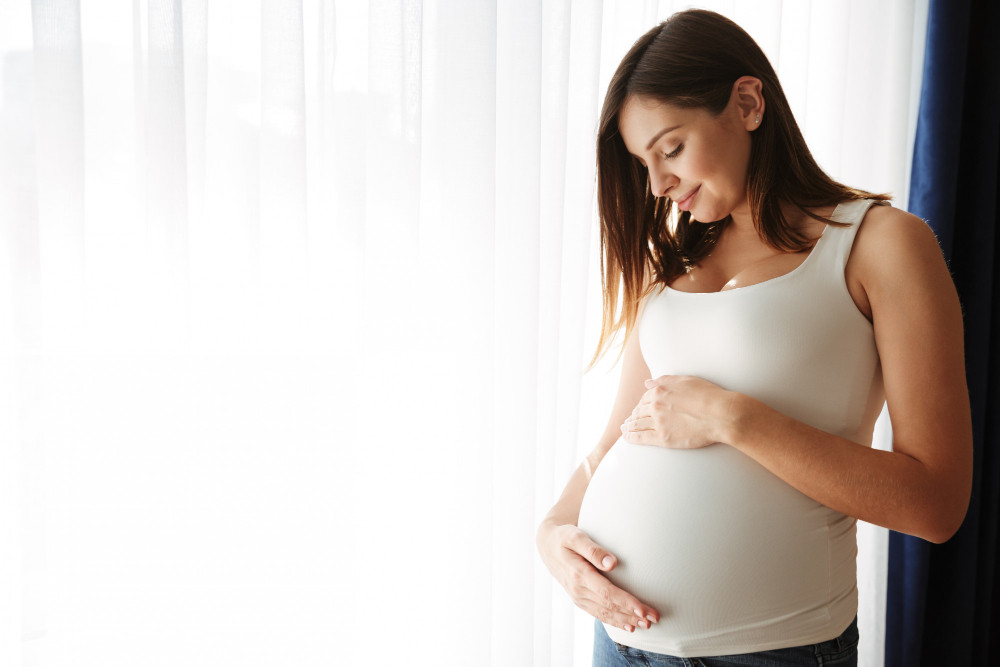For pregnant women, it is essential to pay attention not only to adequate nutrition to ensure the health of the baby but also to their mental health. Hormonal changes during pregnancy can make pregnant women feel tired, emotional, and sleep-deprived. These conditions frequently cause stress and irritability. Many experts believe that stress in pregnant women can harm the fetus. Is this correct?
Stress is normal for everyone, including pregnant women. According to the Ministry of Health, stress is a physical and emotional response to environmental changes that require adaptation.
Pregnancy is a significant change in a woman's life, so it is natural for pregnant women to feel fearful and concerned, which can lead to stress. While stress can make a person more alert, if it is not managed properly, it can lead to emotional and physical problems.
Effects of stress of pregnant women
Numerous studies have highlighted the negative effects of stress on pregnant women, including the following:
1. Miscarriage
Research indicates that stress during pregnancy can increase the risk of miscarriage. According to Healthline, prolonged psychological stress in pregnant women is associated with a higher risk of miscarriage. Experts believe that chronic stress, especially when it is not easily expressed, is particularly harmful. Prolonged stress can disrupt the body's metabolism and trigger inflammation, which may also impact the fetus.
2. Premature and low-birth-weight (LBW) babies
When pregnant women become stressed, their bodies release the hormone cortisol. This hormone, in turn, stimulates the release of other hormones, including corticotropin-releasing hormone (CRH), which influences fetal maturation. The release of CRH signals the body that the fetus is ready to be born, potentially leading to premature birth in pregnant women under stress. Additionally, stressed pregnant women are more likely to give birth to low-birth-weight (LBW) babies.
3. Disruption of fetal brain growth
Prolonged stress can cause growth disorders in the fetus. According to WebMD, pregnancy stress can lead to behavioral problems as children grow. A 2015 study found that stress during the first trimester can alter the microbes in the digestive tract, which in turn can affect the development of the fetal brain. These microbial changes can also impact the immune system and metabolism, further influencing fetal development.
Stress, which often goes unnoticed, can have long-term effects on both pregnant women and their babies. If a pregnant woman experiences symptoms of chronic stress, she should be open and discuss her feelings with her partner or someone she trusts. In addition to doctors, pregnant women can get help from therapists or other pregnant women. Sharing your thoughts and feelings can be beneficial.
Furthermore, pregnant women should maintain proper nutritional intake by eating healthy foods and engaging in relaxation exercises to calm their minds. These measures can help mothers and babies manage stress and improve their health.
If you need medical advice or consultation, you can either visit a doctor or make use of the consultation features that are available in the Ai Care application by downloading the Ai Care application from the App Store or Play Store.
Looking for more information about pregnancy, breastfeeding, and the health of women and children? Click here!
- dr Ayu Munawaroh, MKK
- dr. Monica Salim
Pregnancy, birth, and baby. Stress and pregnancy. Available from: https://www.pregnancybirthbaby.org.au/stress-and-pregnancy.
NHS. Mental health during pregnancy. Available from: https://www.nhs.uk/pregnancy/keeping-well/mental-health/.
Healthline. Stress and Its Effect on Your Baby Before and After Birth. Available from: https://www.healthline.com/health/pregnancy/stress-during-pregnancy.












